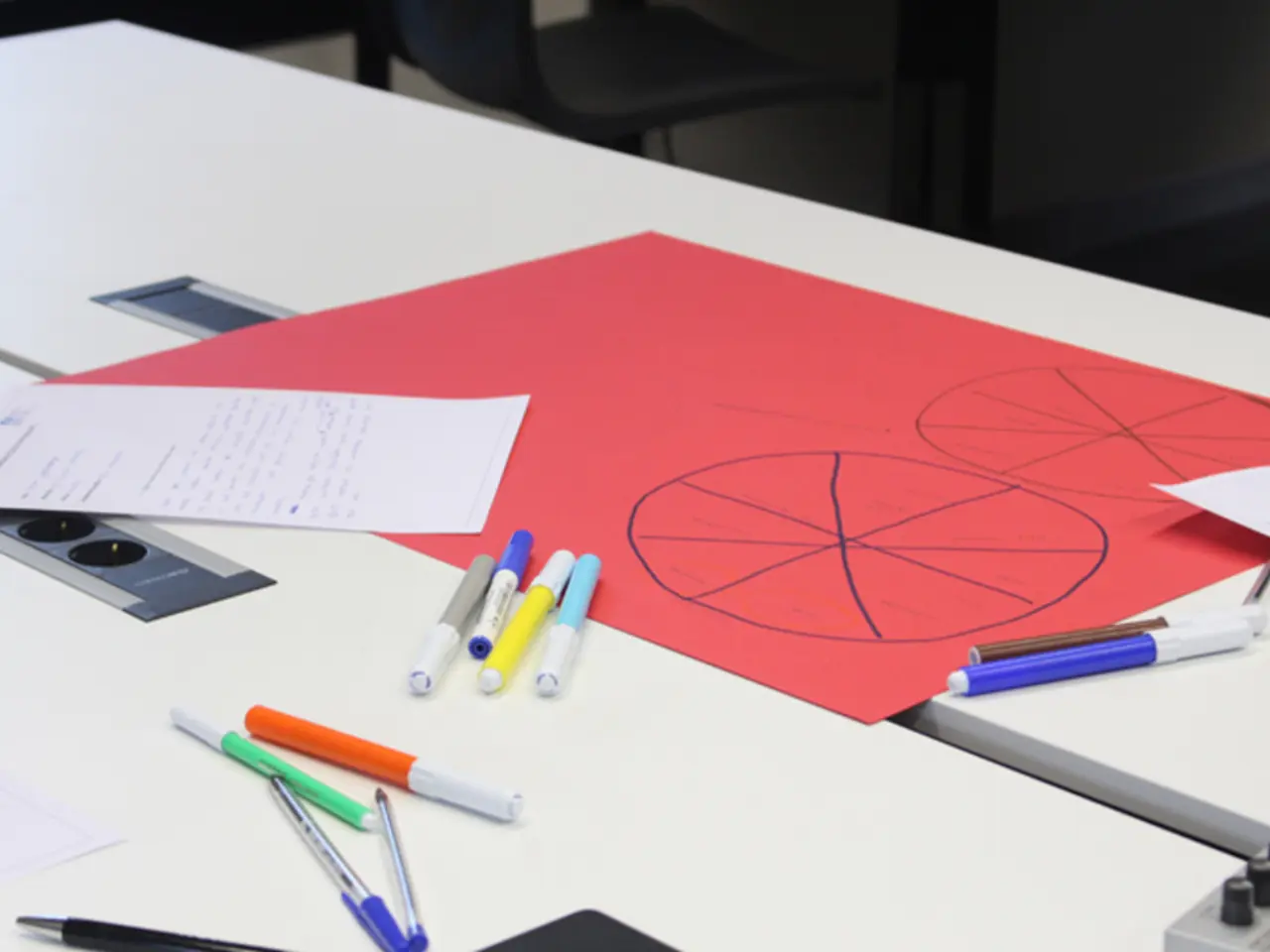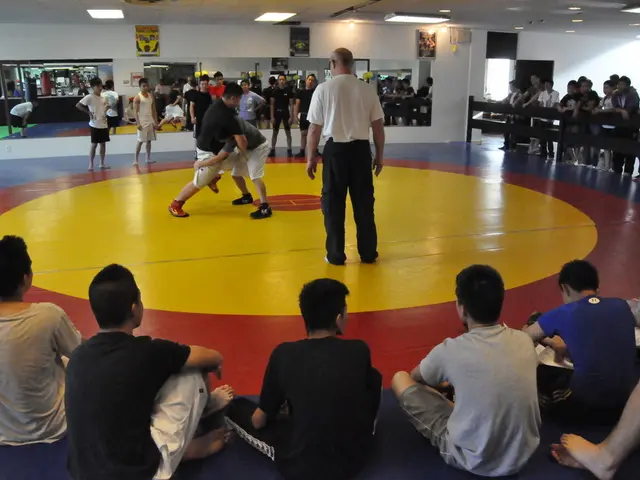Nine Strategies for Encouraging Self-Control in Adolescents
In the challenging and transformative journey of parenting teenagers, establishing self-discipline is crucial for their future success. A combination of effective discipline strategies can help create an environment that encourages self-discipline, emotional intelligence, and positive behaviour in teenagers.
One such approach is the authoritative parenting style, which involves setting clear expectations, encouraging open communication, and maintaining consistency and transparency. By clearly communicating rules and expectations, teenagers understand what is required of them and are better prepared for similar expectations in adulthood. Creating a safe and respectful environment where teenagers feel comfortable discussing their feelings and concerns strengthens the relationship and helps them develop emotional intelligence.
Positive discipline is another valuable approach, focusing on relationship building and minimizing frustration. By using positive reinforcement and avoiding punitive measures like shame or humiliation, parents can encourage their teenager to want to please them. Addressing the root causes of misbehavior rather than just punishing the behaviour helps reduce frustration and encourages better behaviour.
Fostering emotional intelligence is essential for teenagers' development. Teaching emotional awareness helps teenagers recognise and manage their emotions, while modelling emotional intelligence ensures children learn by observing their parents' behaviours.
Setting clear boundaries is another key strategy. Using natural consequences, such as a damaged bike for leaving it outside, helps teenagers learn responsibility. Involving teenagers in setting rules also gives them a sense of ownership and responsibility.
Encouraging self-discipline can be achieved through promoting routine and structure, encouraging independent problem-solving, and providing positive reinforcement. Acknowledging and rewarding positive behaviour or achievements encourages teenagers to repeat such behaviours, while involving them in activities like household chores or projects helps them develop valuable life skills and a sense of responsibility.
Humour and communication are also important tools in managing teenagers. Injecting humour into tense situations can lighten the mood and help teenagers see things from a different perspective, while keeping communication open and honest allows teenagers to express their feelings and thoughts without fear of judgement.
For further guidance, consider books by authors like Dr. Laura Markham, who focuses on positive discipline, and books on emotional intelligence and self-regulation. Online resources such as VeryWellMind and MomJunction offer articles and guides on effective parenting strategies and self-regulation techniques. Consulting with counsellors or therapists who specialise in adolescent development for personalised advice is also recommended.
By integrating these strategies, parents can foster an environment that encourages self-discipline, emotional intelligence, and positive behaviour in their teenagers, helping them face challenges with confidence and strength.
- An authoritative parenting style, involving setting clear expectations, open communication, and maintaining consistency and transparency, can aid in creating an environment that encourages self-discipline, emotional intelligence, and positive behavior in teenagers.
- Positive discipline, focusing on relationship building and minimizing frustration, can be more effective than punitive measures in encouraging desirable behavior, as it avoids shame or humiliation and addresses the root causes of misbehavior.
- Fostering emotional intelligence is essential for teenagers' development, teaching them to recognize and manage their emotions, while modeling emotional intelligence ensures they learn by observing parents' behaviors.
- Setting clear boundaries, such as using natural consequences for misbehavior, helps teenagers learn responsibility, and involving them in setting rules gives them a sense of ownership and responsibility.
- Promoting routine and structure, encouraging independent problem-solving, and providing positive reinforcement are effective approaches to instill self-discipline, as they encourage repeat positive behaviors and develop valuable life skills.
- Integrating these strategies, along with open communication, humor, and respect, can help parents foster an environment that encourages self-discipline, emotional intelligence, and positive behavior in their teenagers.
- For further guidance, parents may consider books on positive discipline, emotional intelligence, and self-regulation, as well as resources like VeryWellMind and MomJunction, or seek personalized advice from counselors or therapists specializing in adolescent development.








